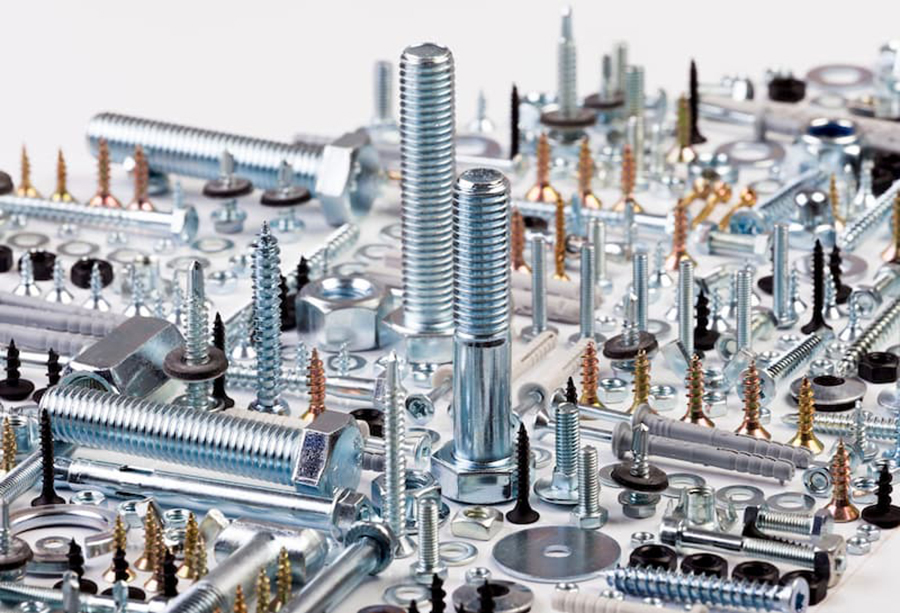
-
 Afrikaans
Afrikaans -
 Albanian
Albanian -
 Amharic
Amharic -
 Arabic
Arabic -
 Armenian
Armenian -
 Azerbaijani
Azerbaijani -
 Basque
Basque -
 Belarusian
Belarusian -
 Bengali
Bengali -
 Bosnian
Bosnian -
 Bulgarian
Bulgarian -
 Catalan
Catalan -
 Cebuano
Cebuano -
 Corsican
Corsican -
 Croatian
Croatian -
 Czech
Czech -
 Danish
Danish -
 Dutch
Dutch -
 English
English -
 Esperanto
Esperanto -
 Estonian
Estonian -
 Finnish
Finnish -
 French
French -
 Frisian
Frisian -
 Galician
Galician -
 Georgian
Georgian -
 German
German -
 Greek
Greek -
 Gujarati
Gujarati -
 Haitian Creole
Haitian Creole -
 hausa
hausa -
 hawaiian
hawaiian -
 Hebrew
Hebrew -
 Hindi
Hindi -
 Miao
Miao -
 Hungarian
Hungarian -
 Icelandic
Icelandic -
 igbo
igbo -
 Indonesian
Indonesian -
 irish
irish -
 Italian
Italian -
 Japanese
Japanese -
 Javanese
Javanese -
 Kannada
Kannada -
 kazakh
kazakh -
 Khmer
Khmer -
 Rwandese
Rwandese -
 Korean
Korean -
 Kurdish
Kurdish -
 Kyrgyz
Kyrgyz -
 Lao
Lao -
 Latin
Latin -
 Latvian
Latvian -
 Lithuanian
Lithuanian -
 Luxembourgish
Luxembourgish -
 Macedonian
Macedonian -
 Malgashi
Malgashi -
 Malay
Malay -
 Malayalam
Malayalam -
 Maltese
Maltese -
 Maori
Maori -
 Marathi
Marathi -
 Mongolian
Mongolian -
 Myanmar
Myanmar -
 Nepali
Nepali -
 Norwegian
Norwegian -
 Norwegian
Norwegian -
 Occitan
Occitan -
 Pashto
Pashto -
 Persian
Persian -
 Polish
Polish -
 Portuguese
Portuguese -
 Punjabi
Punjabi -
 Romanian
Romanian -
 Russian
Russian -
 Samoan
Samoan -
 Scottish Gaelic
Scottish Gaelic -
 Serbian
Serbian -
 Sesotho
Sesotho -
 Shona
Shona -
 Sindhi
Sindhi -
 Sinhala
Sinhala -
 Slovak
Slovak -
 Slovenian
Slovenian -
 Somali
Somali -
 Spanish
Spanish -
 Sundanese
Sundanese -
 Swahili
Swahili -
 Swedish
Swedish -
 Tagalog
Tagalog -
 Tajik
Tajik -
 Tamil
Tamil -
 Tatar
Tatar -
 Telugu
Telugu -
 Thai
Thai -
 Turkish
Turkish -
 Turkmen
Turkmen -
 Ukrainian
Ukrainian -
 Urdu
Urdu -
 Uighur
Uighur -
 Uzbek
Uzbek -
 Vietnamese
Vietnamese -
 Welsh
Welsh -
 Bantu
Bantu -
 Yiddish
Yiddish -
 Yoruba
Yoruba -
 Zulu
Zulu
Discover Competitive Prices for Roll Thread Machines from Leading Manufacturers in the Industry
Understanding Roll Thread Machine Prices and Key Companies in the Industry
Roll thread machines play a crucial role in the manufacturing industry, particularly in the production of fasteners, bolts, and various other threaded components. These machines utilize a process called rolling to create threads on metal pieces, offering several advantages over traditional cutting methods. As demand for more efficient and precise manufacturing processes grows, the interest in understanding the pricing and key players in the roll thread machine market has also surged.
What Are Roll Thread Machines?
Roll thread machines are specialized equipment designed to form threads on metal rods and blanks through deformation rather than removal. This process not only conserves material but also enhances the strength of the threads created, making them more durable. Roll thread machining is widely used in industries ranging from automotive to aerospace, where the demand for high-quality threaded components is substantial.
The machines come in various configurations and sizes, from manual units suitable for small operations to large, automated systems designed for high-volume production. Key factors influencing the choice of a roll thread machine include the type of material being processed, the size and length of the threads, and the production volume required.
Price Factors for Roll Thread Machines
The price of roll thread machines can vary significantly based on multiple factors
1. Machine Type and Complexity Simple, manual machines are generally more affordable, ranging around $10,000 to $30,000. In contrast, advanced automated systems can exceed $100,000 or even $250,000, depending on their capabilities and features.
2. Brand and Manufacturer Established companies with a reputation for quality and reliability may charge a premium for their machines. However, investing in a reputable brand can lead to longer-term savings due to lower maintenance costs and better support services.
3. Customization Options Many manufacturers offer custom features tailored to specific production needs. While customization can boost efficiency, it also adds to the machine's cost.
roll thread machine price company

4. Production Scale Higher-capacity machines designed for mass production typically come at a higher price point. Companies anticipating high-volume production would benefit from such investments despite the initial cost.
5. Technological Advancements Machines equipped with the latest technology, such as digitally controlled operations and enhanced safety features, often come with a higher price tag but can result in increased efficiency and reduced labor costs.
Key Companies in the Roll Thread Machine Market
There are several prominent companies known for their roll thread machines. Some of these include
- Boeing Machine Inc. Known for its robust and reliable machinery, Boeing Machine offers various options for both manual and automatic roll thread machines.
- National Machinery LLC This company specializes in high-performance rolling machines, offering cutting-edge technology and support for clients in various industries.
- Wafios AG With a long history in precision machinery, Wafios remains a leader in the field, providing innovative solutions that cater to the needs of modern manufacturing.
- Mahr Metrology Although primarily known for precision measurement, Mahr Metrology also markets their roll thread solutions, emphasizing quality and accuracy.
Conclusion
The roll thread machine market is dynamic and influenced by various factors that determine pricing. Understanding these factors can aid manufacturers in making informed decisions when purchasing equipment. With numerous companies vying for market attention, businesses must consider both the cost and the advantages of investing in high-quality machines. As technology continues to evolve, manufacturers who remain abreast of these developments will gain a competitive edge, ensuring they can meet the ever-growing demand for threaded products efficiently and effectively.
